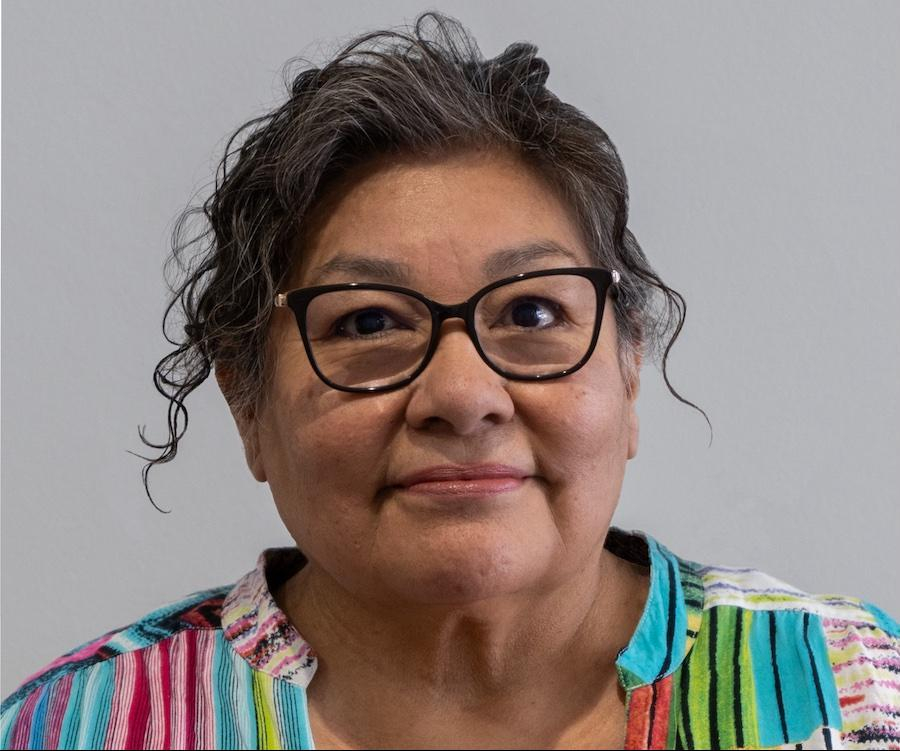When the U.S. House of Representatives voted in June to eliminate funding for the Corporation for Public Broadcasting (CPB), the decision reverberated far beyond the familiar debates about PBS and NPR. In remote corners of Indian Country, where satellite dishes and antennas provide the only connection to television, public broadcasting is a lifeline for education, culture and community connection.

Founded during the height of the Native Rights movement in the mid-1970s, Vision Maker Media has used CPB funding for nearly five decades to amplify Native voices through documentary filmmaking. The organization supports independent film makers creating broadcast content about Native communities, lives, and stories across Indian Country — content that often airs nowhere else on television.
Francene Blythe-Lewis, executive director of Vision Maker Media, has witnessed firsthand how the potential loss of federal funding could devastate Indigenous storytelling. From her office in Lincoln, Neb., she spoke with Tribal Business News about the importance of public media in Indigenous and rural areas, and what the elimination of this critical media infrastructure could mean for communities that rely on it. This interview has been edited for clarity and brevity.
Why is public television so critical in rural and reservation communities?
I come from the reservation and in Shiprock, New Mexico, we don't have cable. What we have is satellite and antenna, and what shows up on antenna and satellite is public media. The further rural you are, the less access you’re going to have to any kind of television. But public television always comes through those outlets. That's where the biggest loss of information and educational material for children and adults will be lost is those rural communities throughout the country.
What would Native audiences lose if CPB funding is eliminated?
I'm going to say audiences throughout the country are going to lose 80% of educational content, of what's going on, about ourselves, about each other, and neighbor communities and national topics of interest, history, all kinds of things.
President Trump issued an executive order in May calling for defunding NPR and PBS, stating it would end "taxpayer subsidization of biased media." That order led to the House legislation to eliminate CPB funding entirely. Is there bias in the content you support?
Absolutely not. I think it's a complete misrepresentation of words. Public television is very objective. We cannot bring to television a film that is produced by a wind power company that wants to bring wind power to one of the reservations in Wyoming. If that company was a major financial supporter in making that documentary it cannot go to public television because that would be biased. Through our vetting process (for films), we check on the funding sources and who's telling the story.
How are you preparing for the potential loss of federal funding?
I'm currently fundraising with other foundations and such to replenish what will be lost if CPB funding is cut or eliminated. The other thing is, we would probably do more acquisition than actual production. There's a lot of great content being made out there, and it’s cheaper for us to acquire than it is for us to fund a full production. In funding a full production, a lot of the producers also have (had) to get money from the National Endowment for the Arts or the National Endowment for the Humanities, or the National Science Foundation, which all are being eliminated.
Vision Maker Media was founded by your father, Frank Blythe, in 1976. What was the original mission driving the organization?
He wanted to bring contemporary Native stories to PBS to educate audiences on the current lives and experience of native people. It was quite an educational battle for my dad to turn PBS to accept contemporary stories from Native people about their lives. At the time, PBS was wanting the iconic chiefs, the Indian wars and things like that. To me, that was a very critical moment for my dad to be the first visionary thinking, let's bring new, different content about Native people to television.
How has that vision changed?
We're connecting contemporary lives to past knowledge. Environmental stewardship, sustainable fishing, and revitalizing language. Language is the foundation, the basis for traditional knowledge, because through language, we have song, we have ritual, we have ceremony, we have prayer, and we have teachings. That all connects to traditional knowledge being passed forward in today's lives, teaching the young people to connect again, to a native philosophy of we're a part of a whole. We're expanding a bit that contemporary sense of storytelling and connecting it back to past knowledge and how it's vital for all of humanity to know this, these stories and the impact of what communities are doing around anything from language to youth to health.
Is there a recent project you are particularly proud of?
“One With the Whale” is coming to broadcast this November on PBS national. They won a Peabody Award and were a national Emmy nominee.